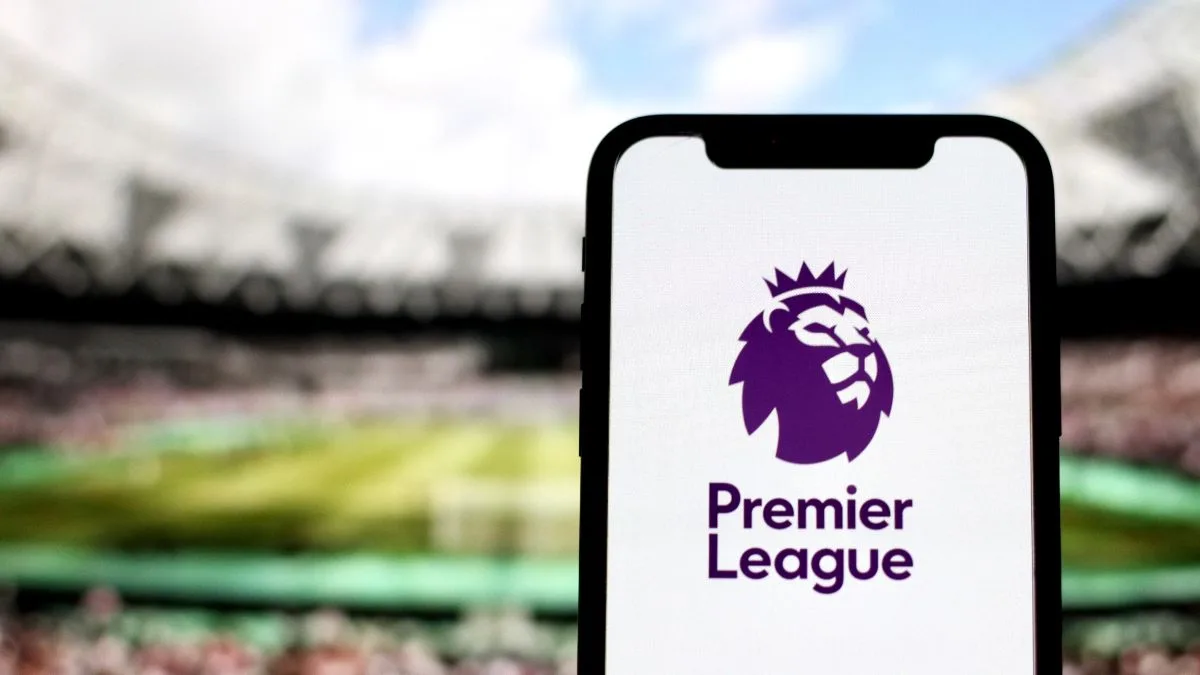For many Valorant players, the appeal of buying an account isn’t just about skipping the grind. It’s about escaping a digital identity they feel boxed into. When someone purchases a new account, they’re not just acquiring a different rank—they’re chasing a psychological refresh. Maybe their main account is stuck in Bronze despite hours of play, and frustration has set in. A fresh account feels like a new beginning, unburdened by past mistakes or a history of losing streaks.
This desire taps into a universal human craving: the clean slate effect. The idea that we can wipe the past away and start anew, without judgment or baggage, is deeply compelling. In Valorant, where rank often defines how players see themselves—and how others see them—a fresh start can feel liberating.
The term "ELO hell" isn’t just gamer slang—it’s a psychological state. Players believe they’re stuck in a low-rank cycle not because of their skill, but because of poor teammates or bad luck. Whether that belief is accurate or not doesn’t matter. The frustration it creates is very real.
Buying an account becomes a tempting shortcut. It promises an escape from that endless purgatory. No more screaming into the void about teammates throwing. No more grinding through hundreds of matches hoping for a promotion. Just immediate access to a different rank, one that "feels right" or "matches my real skill."
This is less about cheating and more about reclaiming agency. When players feel powerless in their current environment, they look for ways to take control. Buying an account is a drastic, but direct, method of doing just that.
Valorant Accounts ranks carry social currency. Being Diamond or Ascendant doesn't just mean you're good—it means you're respected. Screenshots get posted. Friends notice. The rank becomes a badge of honor. For some, it’s even tied to self-worth.
When players hit a ceiling on their main account, it can start to affect their confidence. Maybe they think, “I should be higher,” but their stats don’t back it up. Instead of grinding through the uncertainty and risk of trying to rank up, they buy their way into that recognition.
In essence, they’re not just purchasing a rank—they’re buying a form of validation. It’s a shortcut to the social payoff that usually requires weeks or months of intense effort. Whether that validation is fleeting or lasting depends on what happens next.
Buying a new account can also create a psychological split. On one hand, you have the real self—the main account, with its wins, losses, and public history. On the other, you have the smurf: the new identity, free from judgment, potentially dominant in lower ranks. Some players even search for free valorant cheats to experiment with strategies or learn new techniques without affecting their main account.
This dual identity lets players play two different mental games. On their main, they might feel the pressure to perform or climb. On the smurf, they relax. The stakes are lower, the mood lighter. Ironically, many players play better on their smurfs because they’re less anxious. The fear of failure is gone.
This contrast highlights how much mindset impacts performance. It also shows that for many, account buying isn’t just about rank—it’s about reclaiming the joy of play.
Tilt is a silent killer in competitive games. One bad game can spiral into hours of poor decision-making, frustration, and regret. Over time, tilt leads to burnout. Players log off feeling worse than when they logged on.
When burnout hits, a new account can feel like medicine. It offers a fresh context, new teammates, and a renewed sense of possibility. A player who’s tilted on their main might log into their new account and play more freely, perform better, and—ironically—enjoy the game again.
This isn’t just escapism; it’s a coping mechanism. It’s a way to stay connected to a game you love, even when your current progress feels like it’s working against you.
A new account means no history. No expectations. No pressure. For many, this is thrilling. Nobody knows your stats. Nobody’s watching to see if you perform like a Diamond player. You can be whoever you want to be.
That anonymity creates a sense of freedom. Some use it to experiment with new agents. Others try roles they’re unfamiliar with. Many use it to rediscover the fun that got buried under the weight of rank obsession.
This blank slate effect isn’t unique to gaming—it mirrors why people create burner accounts on social media. When performance and perception are stripped away, creativity and experimentation thrive.
An interesting irony in Valorant is that performance and perception don’t always align. A player might be Plat 1 on their main but believe they play like a Diamond. Buying an account at a higher rank puts that belief to the test.
Sometimes, the result is humbling. They discover they’re not quite as skilled as they thought. Other times, it’s validating. They hold their own—or even dominate—at the new rank. Either way, the experience becomes a mirror for self-assessment.
The purchased account isn't just a tool for climbing—it’s a stage for proving something, either to others or to themselves.
No one plays Valorant in a vacuum. Friends, streamers, and teammates all shape how players view their rank. If everyone in your friend group is Diamond and you’re sitting in Silver, the pressure builds. You start to feel like the odd one out.
In a game where rank is so visible, it’s easy to fall into comparison traps. Some players buy accounts not because they want to, but because they feel they need to. To "keep up." To avoid being left out of five-stacks. To maintain social parity.
This kind of pressure isn’t rational, but it’s powerful. It taps into the same emotional currents that drive people to buy designer clothes or expensive cars—status, acceptance, and fear of exclusion.
Many players believe in the idea of a “true rank”—a level that accurately reflects their skill, untainted by external factors. But in a team-based game like Valorant, where individual impact is capped by team coordination, this concept is mostly a myth.
Still, the myth persists. And when someone feels they’re not at their “true rank,” they look for ways to correct it. Buying an account at the level they believe they deserve becomes a way to skip the grind and go straight to what they see as fairness.
It’s less about cheating and more about justice—at least in their eyes.
Buying a Valorant Accounts isn’t risk-free. There’s always the chance of being banned, scammed, or discovered. But for many, the potential reward outweighs the risk. This is classic risk-reward psychology: how people weigh short-term gain against long-term consequences.
In moments of frustration, players aren’t thinking long-term. They’re thinking about tonight’s matches, or the next tournament, or just avoiding one more soul-crushing game. In that state, the risk seems worth it.
The decision isn’t logical—it’s emotional. And that’s what makes it so common.
Ultimately, buying an account is about control. In a game where so much depends on team dynamics, matchmaking, and chance, control can feel elusive. A new account offers a small slice of power—a way to rewrite your experience on your own terms.
Whether it’s to escape tilt, climb faster, or simply play with different people, the underlying motivation is the same: the desire to shape your own narrative. That’s what makes it so psychologically compelling.
There’s also a moral gray area. Is it fair to smurf in lower ranks? Is it honest to pretend to have earned a rank you bought? These questions aren’t just about game rules—they’re about how we define fairness in a digital space.
Some justify it by pointing to flaws in matchmaking. Others see it as harmless. But even among those who buy accounts, there’s often a quiet recognition: this isn’t entirely above board.
And that tension adds another layer to psychology—an internal conflict between desire and principle.
Buying a Valorant account isn’t a simple case of cheating or laziness. It’s a complex psychological choice driven by frustration, aspiration, pressure, and emotion. It speaks to how players relate to identity, performance, and control in a high-stakes digital environment.
For some, it’s a necessary escape. For others, it’s a tool of validation. For many, it’s just the only way to keep enjoying a game they’ve grown to love—and hate—in equal measure.




Want to add a comment?